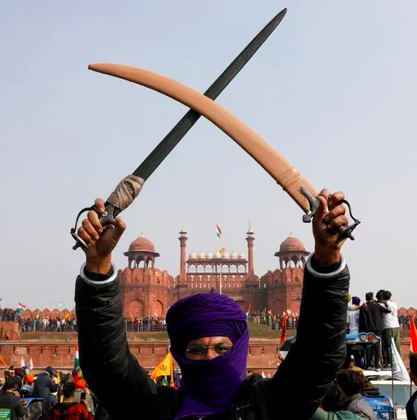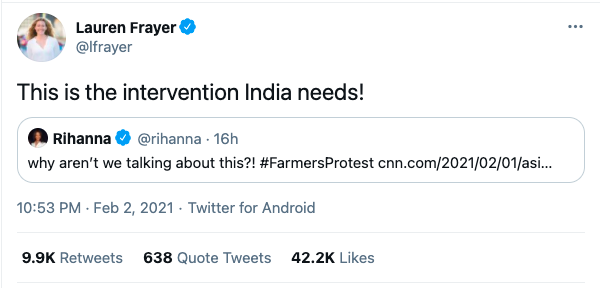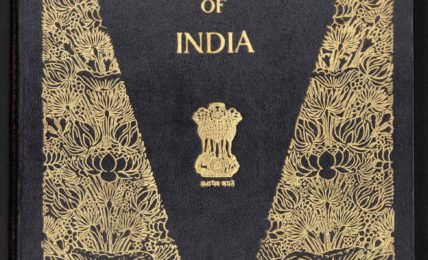Indian Government Derides Foreign Backers of Farmer Protests as…Trolls
The Farm Protests have got some international backers now - backers who don't know what the protests are all about and backers who refuse to equate desecration of US Capitol and Delhi's Red Fort. In an aptly befitting move, India derided them as trolls and asked them to be more responsible and knowledged.











